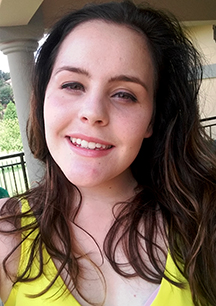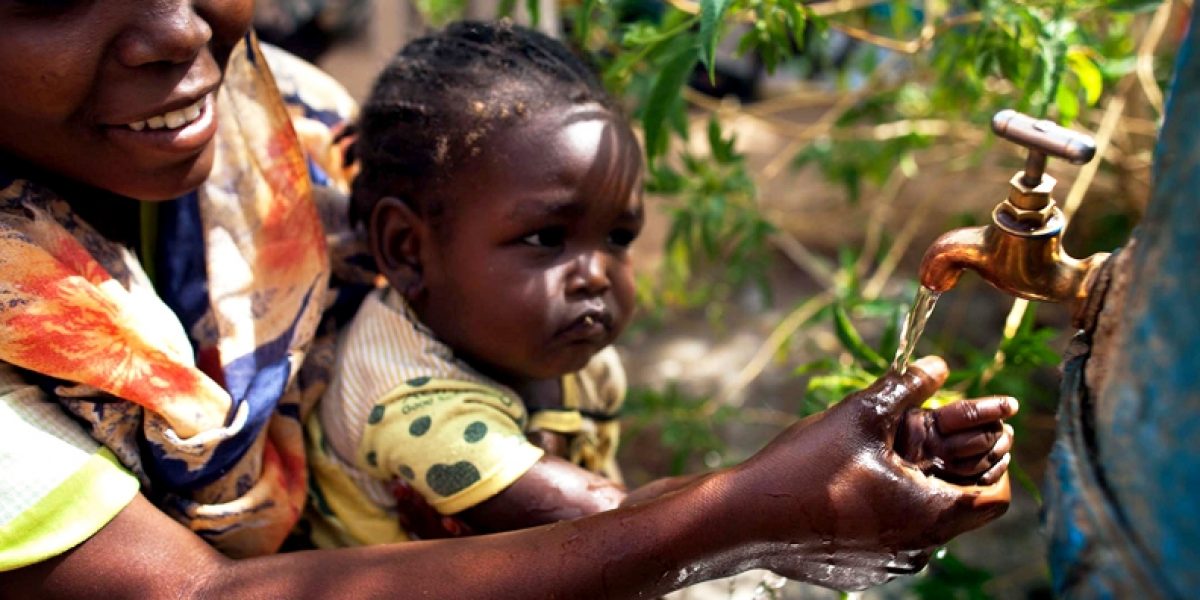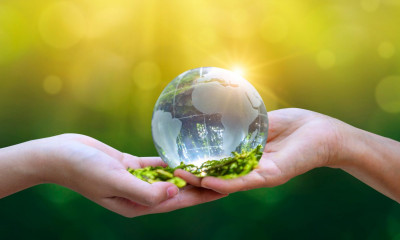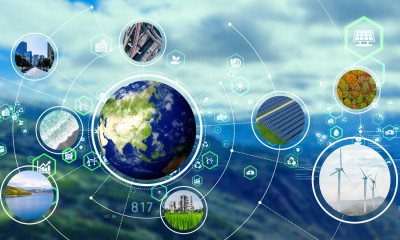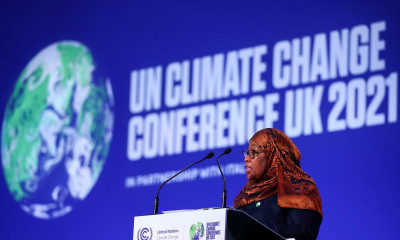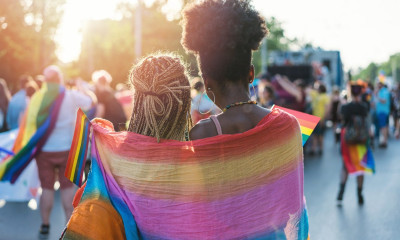WASH: The catalyst for a healthier tomorrow
By Lurhan Maraba
We live in a world where we daily encounter obstacles that prevent us from realising the Utopia politicians speak about. Living in a township has its evils and inadequate water, sanitation and hygiene (WASH) is making the situation worse. How we survive is a mystery!
Finding a public bathroom at some shopping centres or public buildings is like looking for a needle in a haystack. There might be a universal toilet sign giving you some sense of relief before you locate the amenity. To your horror, you find the most insalubrious facilities. The smell of urine pervading the air, unflushed excrements settling at the surface due to malfunctioning toilets, and dirty floors. This is the terrific state that people are unable to evade due to poverty amongst other factors. In light of this, many people are done the disservice to use facilities that do not even ensure that their right to dignity and right to proper WASH is upheld.
Sanitation is a vital issue to address across the Global South. The millions of people living in developing countries are in dire need of two things: functional and clean lavatories. They need to function – storm water drains, sewage that is no longer visible to passers-by and of course, and clean running water so that people can wash hands to ensure good health.
The Sustainable Development Goals (SDGs) in accordance with ensuring the availability and sustainable management of water and sanitation for all promotes a healthy lifestyle for everyone. This healthy lifestyle was created 3 months ago by a group of 20 grade 11 pupils at Masiphathisane Secondary School in Motherwell, Eastern Cape, who raised R40 000 to renovate the school’s ablution facilities by implementing a project called ‘Project Heavenly Hygiene’ wherein they started a car wash business that generated enough money to surmount this health issue. Additionally, they received sponsors to assist them in realising their goal.
This was an excellent feat for them given the fact that they suffered the disservice of having to use dilapidated toilets from 2012 which not only caused a bottleneck of waste in the schools, but also spread diseases and effectively caused them to stay out of school. This achievement should serve as a template for all the learners in South Africa to know that even in the most humbling situations, a positive outcome can be achieved.
You might think I’m exaggerating or perhaps politicising another ‘service delivery’ scenario. The truth is that more work needs to be done to achieve adequate WASH for all. People in the countryside do not have sufficient access to water. They have to stand in long queues to collect tap water or that which come in large Jojo tanks. Young people must become aware of their role in being proactive in solving global issues and acting against the inadequacies to delivery of services. We are equally responsible to make the SDGs our goals, and insist and be actively involved in changing the status quo.
My school, Randfontein High School, is currently running a programme in which the learners are given the opportunity to give away toiletry items to other learners in need of them. This serves to alleviate the hygiene issue for our school’s pupils who come from informal settlements. We have already collected numerous items and I believe that projects like this are imperative to not only enhance personal hygiene for everyone, but to also create a community in the school for assisting our peers. Furthermore, the collection of sanitary towels in schools will overcome the sanitation problems that girls experience monthly and will ensure that they are not kept away from learning.
With the implementation and sustainability of an essential project on WASH, the Utopia that we seek to attain as a nation will be one step closer to being realised. WASH is indeed the catalyst for the healthier tomorrow we want to achieve.
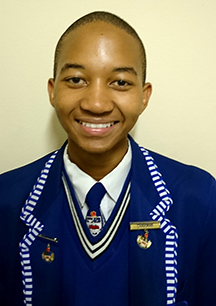
WASH: What working towards SDG 6 looks like
By Jude Samuels
The Sustainable Development Goals (SDG’s) were adopted in 2015 and serve to guide the development agenda until 2030. SDG 6 ensures availability and sustainable management of water and sanitation for all. UNICEF, whose work focuses on protecting the right of the child on every continent, is one of the institutions focused on achieving this goal. This includes children’s right to clean water, sanitation, and hygiene.
UNICEF’s WASH (Water, Sanitation, and Hygiene) programme is one international development programme which is working towards achieving SDG 6. With regards to water, UNICEF primarily engages with access to clean, quality water and the journey one must travel to access it. To improve sanitation, UNICEF works to end ‘open defecation’ and to ensure the availability of basic toilets. In addition, UNICEF aims to promote good hygiene practises, such as hand washing with soap. The WASH programme specifically engages with schools through its WASH in Schools programme, which aims to provide clean water for drinking and washing, dignity, healthy school environments and safety. This is done by building safe toilets and washstands, providing information about good hygiene practices and safe waste disposal.
The objectives of the WASH programme speaks to the reality of South Africa and other African countries. Healthy school environments are lacking in many South African schools, especially in the rural areas. There have been harrowing reports of school children dying in ‘pit toilets’. In South Africa, 19% of people living in rural areas, 26% of all schools, and 46% of clinics do not have access to water. As with other socio-economic issues, sanitation adversely affects girls – as many as 3 700 000 school girls in South Africa cannot afford sanitary towels which adversely affects their school attendance. South Africa also has recurring problems with droughts and flooding- with the latter leading to the possibility of water-borne disease. The WASH programme has specific importance in South Africa regarding the well-being of children.
The WASH programme has been very successful in improving the lives of children everywhere. Currently, 91% of people have access to clean drinking water and 68% of people have improved sanitation. To achieve SDG 6, UNICEF will also move its WASH programme in new directions, such as using a framework which is resilient to climate change, working across the rural-urban divide, and creating innovative partnerships with the private sector.
In South Africa, UNICEF has implemented projects such as training 13 469 community health workers to promote hand washing and has also partnered with Unilever to promote its WASH programme in high schools. UNICEF has also partnered with the National Department of Health to finalise the health and hygiene strategy document, whose aim is to encourage behavioural change includes a monitoring system to check results.
In South Africa, the WASH programme is important to secure the access of clean, safe water and adequate hygiene and sanitation to South African children which indirectly secures our right to education, dignity, life, and equality. As the issues surrounding water, sanitation, and hygiene gain traction in South Africa, the WASH programme provides an example of a successful programme dealing with this pertinent issue. It also represents the key to South Africa’s development- collaborations and partnerships. Government, private sector, and development agencies need to work together for South Africa to achieve the Sustainable Development Goals.
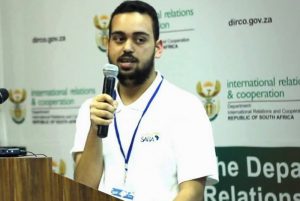
WASH: Water for the Future
By Tyler Booth
The “My World 2030” survey is providing the United Nations and national governments with live citizen and youth generated responses on the progress of the Global Goals for Sustainable Development. As of 28 February 2017, only 18 255 South Africans of the almost 10 million people globally have voted. South Africans agree with universal consensus that good education is a top priority, however thereafter different goals feature in different positions relative to age, gender and level of education.
The South African survey pool may be small in comparison to the entire country population, but its results are still valid. Alarmingly, access to clean water and sanitation only features in 6th, and protecting forests, rivers and oceans in 12th. This is concerning when we consider that nearly 1 in 5 of the poorest children live in households that still rely on rivers, streams and other unimproved sources for their drinking water. Furthermore, 29% of schools have an unimproved pit or no toilet facilities at all.
But if I am not one of these children or attending one of these schools, does this issue really affect me? On the one hand access to water, sanitation and hygiene (WASH) facilities is a basic human right – which due to lack of infrastructure and WASH education – many South Africans, especially children, are denied. On the other hand, we ask ourselves how much of a problem is water scarcity in Gauteng now that the Vaal Dam has reached 100% for the first time in 6 years, our rivers flow in abundance, and water restrictions are to be lifted? This news is bittersweet. The Western Cape has still not managed to reduce its water usage to a sustainable amount; and that the torrential rains we have experienced in Gauteng are not enough to save the entire country. Furthermore, the droughts have been counteracted by unforgiving flooding of rivers which pass through communities reliant on them for survival.
The topic of WASH extends further than water availability. Sanitation, a feature of WASH, also forms part of gender equality (which is considered the 9th important SDG in SA). Although the exact number of girls that miss school due to menstruation is unknown, it is estimated to be around a few million. Access to sanitary towels is an indicator of sanitation and a contributor to girls missing school, yet only KwaZulu-Natal has recently provided them for free to over 3000 schools. But is this enough? One province out of nine is not nearly enough to reach the government mandate of ensuring that all people have access to equitable sanitation.
It is easy to distance ourselves from the issues of clean water and sanitation when our only struggle with it is the water restrictions preventing us from keeping our grass green. As a woman, it is also easy to complain about the high prices of sanitary products, without realising that it could be worse and we could have no access at all to such products. The problem is that too many of us distance ourselves from a reality we know nothing of.
The solution is to educate ourselves. We need to put pressure on government bodies to ensure that the infrastructure is put in place to prevent mass destruction in times of flood, and provide access to products to young girls and women that provide them with hygiene and their dignity.
We often only care about an issue if it directly affects us. It may not be today or tomorrow but water will one day influence more of us in where we live than it ever has before. We need to prepare ourselves for it. We need to build the reinforcements now. Our neighbours both near and far need to be educated today on water conservation and clean water practices. Let us be a population that saw a weeks’ worth of rain see us through ten years of water availability and prevent a water crisis before it happens.
